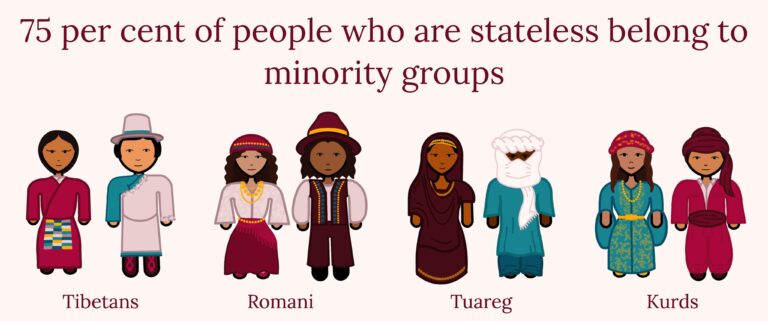Thousands of stateless Tibetans living in exile across India continue to grapple with the complex challenges of identity and belonging, decades after being displaced from their homeland. Despite efforts to preserve their culture and heritage, this community remains caught in limbo-stripped of citizenship and unable to return to Tibet. A recent BBC report highlights the struggles faced by these refugees as they strive to maintain their unique identity while yearning for a homeland that remains out of reach.
Stateless Tibetans in India Face Challenges of Identity and Belonging
Decades after fleeing their homeland, many Tibetans living in India continue to grapple with a profound sense of statelessness and cultural dislocation. Without formal citizenship, these individuals often encounter barriers to employment, education, and healthcare services, hindering their social and economic integration. Despite residing in exile for generations, the lack of official recognition strips them of basic rights enjoyed by Indian citizens and leaves many caught in legal limbo. This uncertainty fuels a persistent identity crisis, whereby they are neither fully accepted as Indians nor able to officially claim their Tibetan heritage on foreign soil.
Key challenges faced by stateless Tibetans include:
- Restricted access to government welfare schemes
- Difficulty obtaining passports and travel documents
- Limited property and business ownership rights
- Frequent bureaucratic hurdles in education and employment
| Aspect | Status for Stateless Tibetans | Impact |
|---|---|---|
| Citizenship | None | Limited legal protections and benefits |
| Employment | Restricted | Reduced job opportunities |
| Travel Documents | Letters of Identity | Constrained international mobility |
| Education Access | Conditional | Unequal learning opportunities |
Preserving Culture and Community Amid Uncertain Futures
For the stateless Tibetan community scattered across India, cultural preservation has become a lifeline, a way to maintain a sense of belonging despite decades in exile. Local monasteries and cultural centers act as vital hubs where language, traditional music, dance, and religious practices are actively nurtured. These spaces not only offer education but also serve as sanctuaries empowering younger generations to embrace their heritage with pride. Community events and festivals, often organized in crowded makeshift venues, reinforce collective identity and remind participants of the shared dream of returning home.
Yet, the challenges of political uncertainty and statelessness weigh heavily on their future. Access to formal employment, citizenship rights, and social services remains limited, prompting many to rely on informal networks and solidarity within the diaspora. Below is a snapshot highlighting how cultural initiatives support the community amidst such adversity:
| Initiative | Purpose | Impact |
|---|---|---|
| Tibetan Language Schools | Preserve native dialects | Over 10,000 students enrolled |
| Monastic Training Programs | Teach religious traditions | 350+ monks and nuns trained annually |
| Community Festivals | Celebrate cultural identity | Thousands participate yearly |
Calls for Policy Reforms to Secure Rights and Recognition for Tibetan Exiles
Advocates for Tibetan exiles emphasize urgent reforms to grant them legal recognition and protect their basic rights in host countries, particularly India, where the majority reside. Lacking citizenship, many Tibetans confront barriers in accessing education, employment, and healthcare, despite decades of displacement. The calls underscore the need for governments to formalize status arrangements that move beyond temporary refugee designations to more permanent, rights-based frameworks.
Community leaders and activists have proposed several tangible measures aimed at improving the stateless population’s conditions, including:
- Issuance of identity cards recognized by local authorities
- Legal safeguards against arbitrary detention or deportation
- Access to social welfare programs and public services
- Pathways to citizenship or residency rights
| Policy Area | Current Status | Recommended Reform |
|---|---|---|
| Legal Identification | Temporary ID cards | Permanent registration documents |
| Social Services | Limited access | Inclusive welfare programs |
| Employment Rights | Restricted work permits | Unhindered labor market participation |
Insights and Conclusions
As the decades pass, the plight of stateless Tibetans in exile remains a poignant testament to displacement and identity lost. Stranded far from their homeland, their struggle underscores the complex realities faced by millions worldwide who live without recognized nationality. While their yearning for return endures, the international community continues to grapple with finding lasting solutions that honor their rights and heritage. The story of Tibetans in India is not just one of exile, but of resilience in the face of uncertainty-a reminder that the pursuit of identity and belonging transcends borders and politics.




